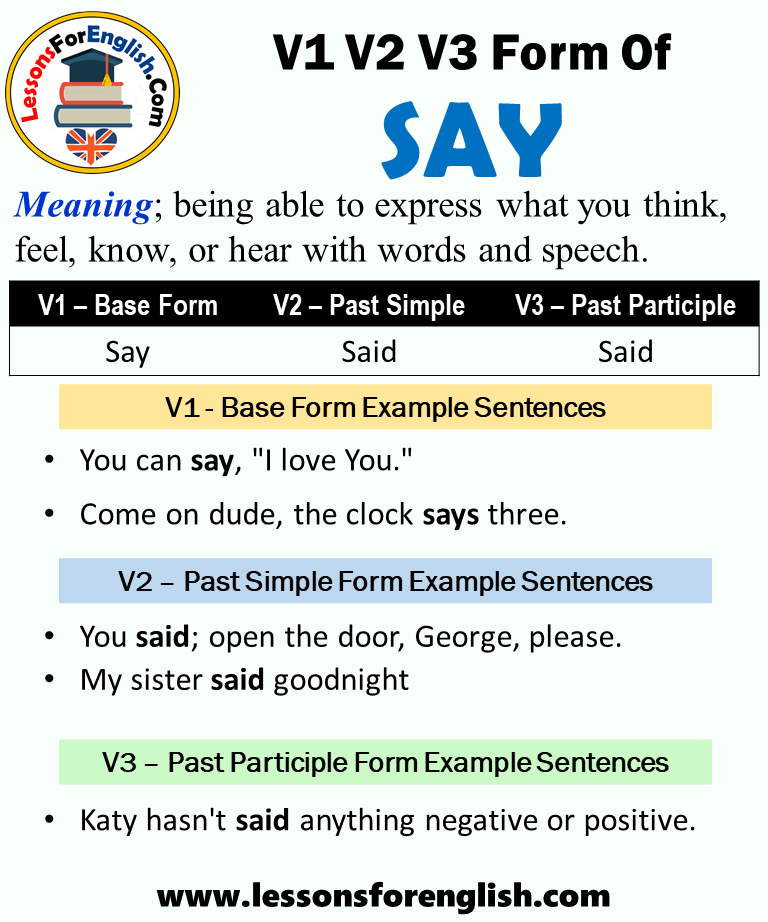
Have you ever found yourself in a situation where you are conversing with someone, and they use a phrase that you don't quite understand? Or maybe you understand the words, but the way they have been put together just doesn't make sense to you. This is where the meaning of language comes into play. Language is a tool that we use to communicate with one another, but it is not always straightforward.
The Complexity of Language

Language is a complex system that has evolved over time. It consists of sounds, words, grammar, and syntax. When we use language, we are not just conveying information, but we are also expressing our thoughts, feelings, and emotions. The meaning of language is not always literal; it can be figurative, metaphorical, or even sarcastic.
For instance, when someone says, "It's raining cats and dogs outside," they are not literally saying that cats and dogs are falling from the sky. The phrase is a metaphor for heavy rain. Similarly, when someone says, "I could eat a horse," they are not saying that they want to eat a horse. The phrase is an exaggeration to express hunger.
The Importance of Context

The meaning of language is not just dependent on the words themselves, but also on the context in which they are used. Context refers to the situation, setting, and cultural background in which the words are spoken or written. For instance, the word "cool" can mean something different depending on the context. In a climate-controlled room, it could mean "not warm." In slang, it could mean "fashionable" or "impressive."
Context is also important in understanding sarcasm, irony, and humor. For example, the statement, "Oh great, another meeting," could be interpreted differently depending on the context. If it is said with a smile and a wink, it could be interpreted as sarcasm. If it is said with a sigh and a frown, it could be interpreted as a genuine complaint.
The Role of Perception

The way we perceive language can also affect its meaning. Perception refers to the way we interpret and make sense of the information that we receive through language. Our perception can be influenced by our past experiences, beliefs, values, and cultural background.
For instance, the word "freedom" may mean something different to someone who has grown up in a democratic society than to someone who has grown up in a dictatorship. Similarly, the word "love" may mean something different to someone who has experienced heartbreak than to someone who has never been in a romantic relationship.
The Evolution of Language

Language is not static; it is constantly evolving. New words are added to the lexicon, and old words take on new meanings. The way we use language is also influenced by technology, social media, and globalization.
For instance, the word "tweet" used to refer to the sound that a bird makes. Now, it is also a verb that means to send a message on Twitter. Similarly, the word "friend" used to refer to someone you knew personally. Now, it is also a verb that means to connect with someone on social media.
The Challenge of Translation

Translating language from one language to another can be a challenging task. It is not just a matter of finding equivalent words in another language, but also of understanding the cultural nuances and the context in which the words are used.
For instance, the word "mañana" in Spanish can mean "tomorrow," but it can also mean "not today." The word "saudade" in Portuguese refers to a feeling of longing or nostalgia, but it has no direct translation in English.
The Importance of Clear Communication

Clear communication is essential to avoid misunderstandings and misinterpretations. It is important to use language that is appropriate for the situation and the audience. It is also important to clarify any ambiguous or unclear language.
For instance, if someone says, "I'll meet you later," it is important to clarify what time and where. If someone uses a slang term that you are not familiar with, it is important to ask for clarification.
The Power of Language

Language has the power to unite and divide, to inspire and to hurt. It can be used to convey love, hate, joy, and sorrow. It can also be used to manipulate and deceive.
For instance, propaganda is a form of language that is used to influence people's beliefs and opinions. Advertising is another form of language that is used to persuade people to buy products or services.
The Beauty of Language

Despite its complexity, language can also be beautiful. It can be used to create poetry, literature, and art. It can also be used to express gratitude, compassion, and empathy.
For instance, the poem "I Wandered Lonely as a Cloud" by William Wordsworth uses language to create a vivid image of nature. The book "To Kill a Mockingbird" by Harper Lee uses language to explore themes of racism and injustice.
Conclusion
The meaning of language is a complex and multifaceted concept. It is dependent on factors such as context, perception, and evolution. Clear communication is essential to avoid misunderstandings and misinterpretations. Language has the power to unite and divide, to inspire and to hurt. Despite its complexity, language can also be beautiful and used to express gratitude, compassion, and empathy.